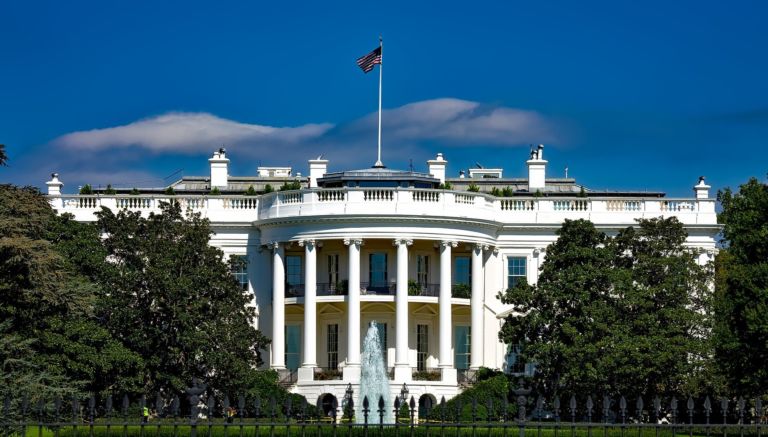Andrew McCarthy of National Review Online attempts to read the tea leaves at the U.S. Supreme Court.
The Supreme Court has fast-tracked two cases involving the vaccine mandates that President Biden has imperiously imposed on tens of millions of Americans: one mandate for businesses that employ more than 100 people, and another, separate mandate for health-care workers. Oral argument is scheduled for Friday. That’s a big reason I’m betting the Court is poised to deal the president a double dose of defeat — though nothing is certain, of course.
Very simply, Biden is in violation of the Constitution. We have a republic, not a monarchy, and there is nothing inherent in the executive power conferred by Article II that authorizes the Biden decrees. So the president lacks even arguable authority to coerce people into being vaccinated absent statutory authorization. Indeed, I must say “arguable” because it is doubtful that even Congress itself has power to force private citizens to submit to an invasive medical procedure, much less to delegate that authority to the executive branch. …
… Biden conceded in a sudden epiphany last week that the regulation of medical procedures — e.g., inoculations that have long been a prerequisite to school attendance — is primarily a state responsibility in our constitutional system. Even in its Obamacare cases, though otherwise broadly deferring to Congress, the Supreme Court rejected the notion that the commerce clause of the Constitution empowers lawmakers to force people to engage in health-care commerce — in that instance, purchasing insurance. Moreover, Article I’s general-welfare clause has never been a congressional blank check. After all, if read it that way, it would swallow federalism whole, razing the vertical separation of powers between federal and state governments.
The main reason I believe that the Court will reject the Biden mandates is that, to do so, the justices need not wrestle with the knotty question of how much, if at all, Congress may intrude on the states’ supremacy over health and safety regulations.


